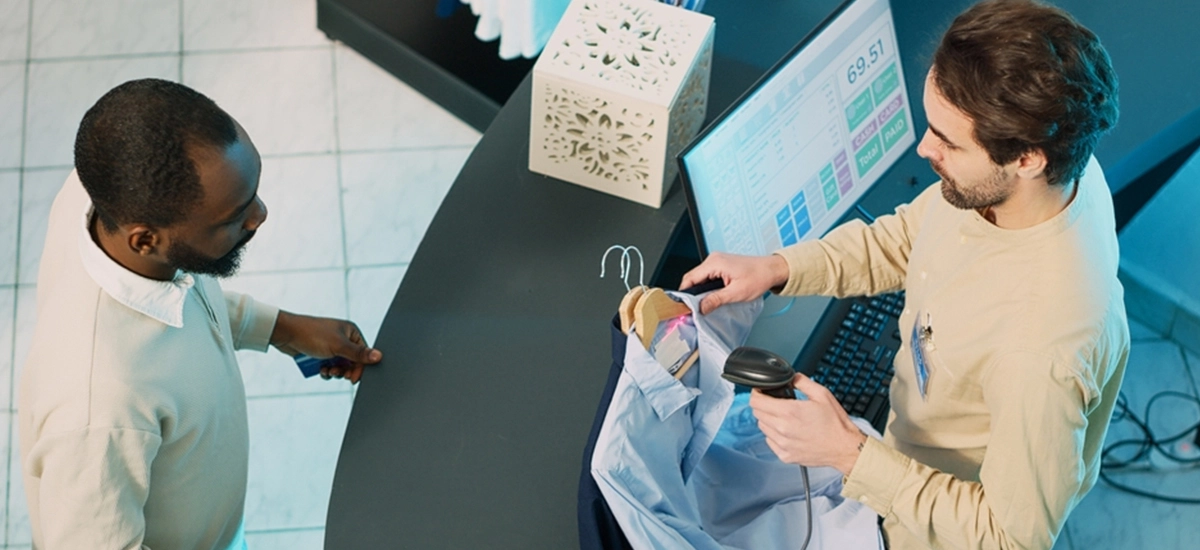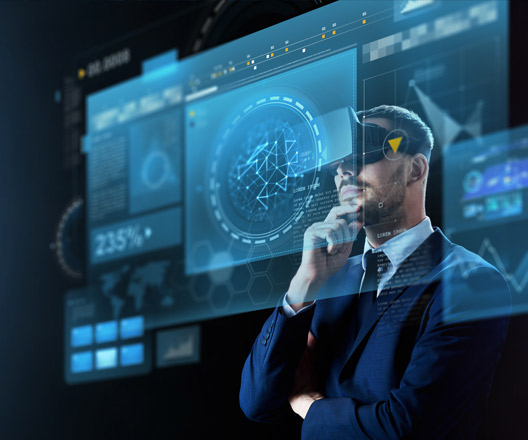
Listen to this blog
The retail industry is rapidly changing and evolving, and it has become clear in recent years that supply chains are not strong enough on their own to keep up with these disruptions. To stay resilient in the face of these disruptions, many companies have pivoted to ERP systems, or enterprise resource planning systems. In a recent survey of IT decision-makers, 53 percent agreed that ERP systems are an important investment and should be a top priority. That number is expected to rise in the coming years as the supply chain and the technology that helps in controlling it continues to change.
React, Adapt, Sustain
One of the most significant issues that ERP systems address is the ability to pivot and respond quickly to potential disruptions. In 2021, a large number of food distributors who did not use ERP systems fell far behind due to the pandemic. Restaurant orders stopped coming in, leaving these businesses wondering, “what now?” By implementing this technology not only can distributors manage quality control and traceability but also track orders in real-time and manage inventory levels accordingly.
Another industry that was forced to react and adapt, and perhaps the most widely discussed, is the fashion industry. As many retailers were forced to switch to e-commerce, large investments were made into that e-commerce side of retail. Today, many retailers that had little to no e-commerce options now have a stronger e-commerce presence than a physical one. With this boom in e-commerce, retailers needed to focus on how much of this was going to be sustainable, if and when this boom would level off, and the technology that would assist in managing these developments.
Benefits of ERP Systems for Retailers Today
ERP systems provide a multitude of benefits and solutions to specific pain points that are shared by all industries currently dealing with supply chain disruptions. These benefits and solutions range from seamless system integration to the management of inventory, customers, finances, and day-to-day operations and contribute to the larger, more holistic approach to navigating the supply chain and pivoting when necessary
Enhanced Inventory Management
Inventory management has been one of the most difficult issues for retailers in the last two years. There has been an influx of online orders forcing retailers to navigate an e-commerce boom and pull inventory from physical stores to fulfill online orders. ERP systems, such as HauteLogic, aid in the automation and simplification of inventory management by utilizing programs and scannable devices that can track, damage out, and facilitate inventory tracking much faster and more accurately than manual tracking alternatives.
Optimize Customer Relationships
Customer Relationship Management, or CRM, is another vital component of any service business, particularly in the retail industry. In a time where so many things were uncertain, customers became more and more involved and interacted with their online orders more than ever before. ERP systems can help unify the various channels that customers use to communicate with a retailer, as well as store a plethora of customer data to generate personalized customer offers, including comprehensive loyalty programs.
Efficient Management of Day-to-Day Financial and Business Processes
Another advantage of implementing ERP systems is its ability to manage the financial aspects of a business as well. The system can integrate technology into the existing POS system to provide real-time gross margin, profitability, and sales reporting, as well as automatically feed employee working hours and commission calculations into the back office for simplified payroll calculations.
Seamless Integration Capabilities
Disruptive technology utilized by ERP systems can seamlessly integrate into existing systems and is customizable based on the retailer's specific needs, which means that retail businesses of any size can use this technology on whatever scale they require to immediately start maximizing both their e-commerce and brick-and-mortar business opportunities.
These advantages are essential to a holistic approach to supply chain management that allows companies a comprehensive look at their entire operations ecosystem, further setting them up for success and redirection as warranted.
Looking to the Future
As the world begins to show glimpses of pre-pandemic days and shopping malls reopen, many customers are shifting back to the physical shopping experience now that it is once again an option. The question to consider here is, are these consumers truly shopping in-store or are they browsing for the tangible experience and then going home and purchasing online?
From what retailers are experiencing, it has been trending to be the latter, even further emphasizing the need for ERP systems to automate tedious tasks and provide technology to further enhance that experience customers are craving. Additionally, retailers will need to continue to refocus their attention on in-store inventory.
The future of e-commerce lies in the adoption of ERP systems and disruptive technologies. The return on investment is almost immediate, and companies that fail to adopt these systems to enhance their e-commerce processes will, unfortunately, fall behind. We are still just at the surface of what these technologies can do to transform the supply chain and the retail industry, and the industry is on track for innovation in this area to continue to develop in the coming years.




